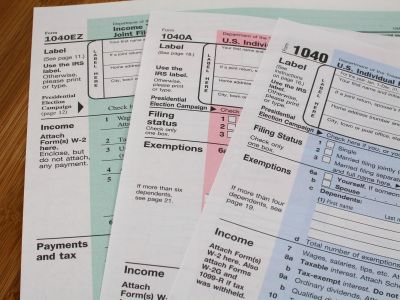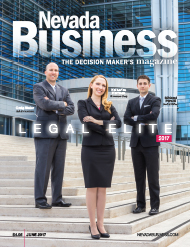
What do I need to do before an initial bankruptcy consultation?
Before the coronavirus pandemic hit our country, we would usually conduct bankruptcy consultations in person at our office. Continuing this same practice now is temporarily discouraged, for both our clients’ safety as well as our own. As we transition into telephonic and video consultations, we would like our clients to have these guides to make the process easier.
The first thing we recommend doing is taking a moment to breathe. Bankruptcy is not an overnight process. It is a multi-month event that can cause clients to feel overwhelmed and anxious, even under the best circumstances. While this first step can seem daunting, bankruptcy has allowed many clients to feel relief for the first time in ages.
Next, we suggest writing down a list of questions to ask the attorney during your initial FREE consultation. Some questions you have might include:
- How long will my bankruptcy take?
- Can I keep my house and my car if I file bankruptcy?
- Will a bankruptcy stop my garnishment?
- Will a bankruptcy get rid of my medical bills?
While our blog endeavors to answer many of these questions, we know every bankruptcy case is different. Having questions written down beforehand will help ensure you don’t forget to ask something after the fact.
Don’t worry, if you do have a question after the initial bankruptcy consultation, we are more than happy to answer them.
Finally, we recommend compiling your documents and having them ready to be delivered to our office for processing. The sooner we have all of your documents, the faster we can complete your bankruptcy petition.
What documents do I need to have ready?
The key to a good bankruptcy is full disclosure. The more information we are able to include in a client’s petition, the less likely a creditor or trustee will file an adversary proceeding against it.
For that reason, we ask for many documents before we start the petition process. It’s better to have these ready to go than to search for them later and delay the filing of a client’s petition (or to not have them at all when the Bankruptcy Trustee requests them!)
- Bank Statements – We ask that you provide us with the last six months of bank statements for all financial accounts, including savings and retirement accounts.
- Paystubs – Please provide the last six months of paystubs from all sources of employment, including contracted short-term work. (For example, Uber or Postmates)
- Tax Returns – These should be the last two tax returns a client has filed. For example, if a client filing their bankruptcy petition in 2020 has not yet filed their taxes for 2019, they would include tax returns for the years 2017 and 2018. If they have filed their taxes, they would include the years 2018 and 2019.
- Driver’s License and Social Security Card – We need to be able to scan these in and send the photocopies to the Bankruptcy Trustee. These cards also need to be present at the Bankruptcy Trustee Hearing.
- Divorce Petition (if filed within the last three years) – Nevada is a community property state. Therefore, a divorce petition would be required by the Trustee to ascertain which assets and debts are
- Bills and Statements from Creditors – It is important to include EVERY creditor in a bankruptcy petition. Failure to do so could result in a client still owing a debt to their creditor and being unable to seek relief for said debt. To that effect, we ask clients include credit card bills, medical bills, gas and department store card bills, bank loan statements, student loan statements, etc.
- Any court documents filed with regards to a debt – This includes Summons, Complaints, Judgments, Garnishments, etc.
- Letters Regarding Social Security Benefits (If applicable)
- Letters Regarding Unemployment Insurance Benefits (If applicable)
For additional information on determining whether you qualify for a Chapter 7 bankruptcy, please contact the bankruptcy attorneys at Luh & Associates. We look forward to answering your questions!


 When Can You Discharge a Tax Debt?
When Can You Discharge a Tax Debt?
 You’ve heard it all before. If you just file for bankruptcy in Las Vegas, you can remove all types of debts. If you’ve followed our past articles, however, you realize
You’ve heard it all before. If you just file for bankruptcy in Las Vegas, you can remove all types of debts. If you’ve followed our past articles, however, you realize